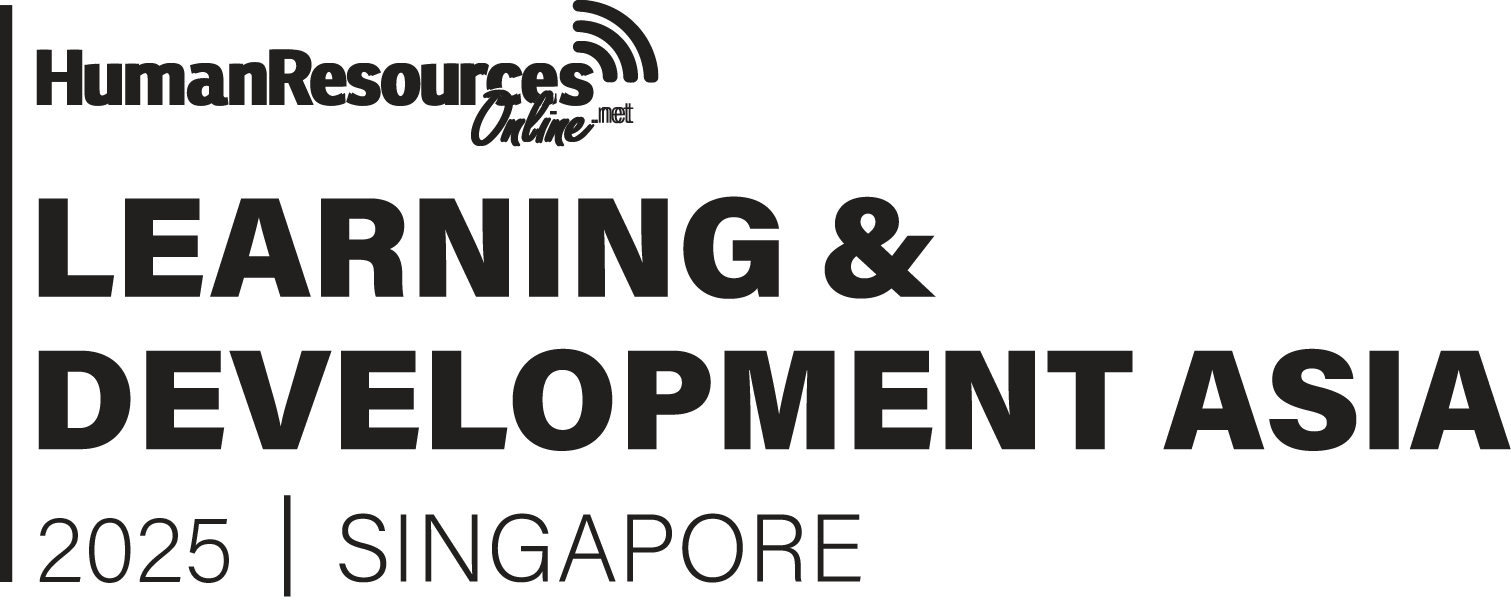DAY 2 | THURSDAY, 11 SEPTEMBER 2025
Registration
Welcome address

Priya Sunil
Deputy Editor, Southeast Asia
[Opening keynote]
Unlearning to grow: Reimagining talent, roles, and development for the future
In a fast-changing world, staying relevant isn’t just about learning more—it’s about unlearning what no longer serves us. This keynote explores how individuals and organisations can unlock growth by letting go of rigid roles, outdated structures, and static mindsets to reimagine how development truly happens.
We will challenge the Static Box Fallacy—the belief that fixed job descriptions, linear career paths, and rigid skills frameworks are enough for a dynamic future. Real development today demands a fresh perspective: seeing work as fluid, roles as evolving platforms, and talent as energy in motion.
This session will equip you with the mindsets, tools, and strategies to unbox your potential for continuous learning, growth, and impact. It’s about building adaptive, learning-centred systems where development isn’t a separate activity but the heartbeat of how value is created, sustained, and scaled.
Let’s join our speaker and learn about:
- The neuroscience of unlearning: why it’s difficult and how to rewire for growth.
- Rethinking development as an experience-driven, purpose-aligned journey.
- Rebundling roles and enabling agile movement to maximise impact.
- Creating environments of curiosity, safety, and experimentation for continuous evolution.
- Practical tools like the Skill Experience Career Matrix to align aspirations with individual and organisational needs.

Rahul Kalia
Vice President HR AMEA
Future-ready leadership & workforce agility
[Keynote presentation]
Seamless upskilling: Transforming fragmented learning into an AI-powered workforce advantage
Modern organisations face rising demands to reskill at speed, yet fragmented systems and siloed learning pathways often stall progress. A truly agile and resilient workforce requires more than just access to content – it needs an integrated, AI-powered learning ecosystem that connects employees’ career pathways with real-time skills data and personalised learning support, empowering them to stay ahead and keep pace with the business’s rapid evolution and changing needs.
This keynote will share practical insights on:
- Designing an end-to-end upskilling framework that aligns individual growth with organisational goals — from mapping each employee’s career journey and conducting skills gap analysis to delivering personalised learning support, while streamlining HR and L&D productivity with built-in workflows for planning, tracking, and reporting.
- Leveraging AI and automation to create a safe learning environment where employees can practice confidently, learn from mistakes, and receive personalised guidance from an AI mentor to accelerate skill mastery and build confidence.
- Building a connected learning culture that continually strengthens workforce capabilities and equips teams with skills and competencies needed to meet evolving business demands.

Grace Zhang
Solution Director
Morning break
[Panel discussion]
The human edge: Why human skills remain crucial in a tech-driven world?
As highlighted by the World Economic Forum, a unique blend of technical proficiency and human insight will drive true innovation and leadership in the workforce.
In this session, let’s explore:
- Why the rise of technology makes human skills even more essential for organisational success.
- How to identify and nurture the people skills that complement the digital transformation.
- Preparing employees for the future by integrating human insight with emerging technologies to unlock innovation and creativity.

Kiya Cheng
APAC HR Director
Panellists:

Ronnie Xu
Head of HR

Arun Mirchandani
Managing Director and Head of Human Resources, Asia South Cluster and Banking

Shaun Renwick
Senior HR Director, Talent and ED&I, AMEA
[Case study]
Who owns development? Understanding the leader’s role in the shared ecosystem of learning
In this session, our distinguished speaker will share insights on:
- Setting up the partnership “contract”: From passive support to active enablement and role modelling.
- How to build a culture where leaders at every level feel responsible for growing the capabilities of their teams and yet well-supported by L&D teams.
- Designing a shared ownership model that aligns employees, managers, and the organisation in a unified development agenda.

Eric Lim
Head of Leadership & OD, SBS Transit and Head of L&D
Networking lunch
[Talent trivia]
[Keynote presentation]
Future-ready from the heart: Championing workforce transformation in the social service sector
As Singapore faces increasingly complex social needs and rising service demand, building a resilient, adaptable, and future-ready workforce has never been more important. In the social service sector, transformation is being driven by a focus on learning, innovation, and collaboration at every level.
But preparing the workforce for the future goes beyond technical skills. It’s about cultivating the right mindsets, nurturing agile leadership, and embedding human-centred practices that enable professionals to thrive in times of change.
In this session, we learn:
- How learning and development can be a strategic enabler, empowering social service professionals not just to cope with, but to lead change.
- The role of sector-wide initiatives and strong partnerships in nurturing adaptive leaders, digital dexterity, and collaborative innovation from the ground up.
- How purpose and performance go hand-in-hand in a sector driven by passion and commitment.

Bruce Liew
Director, Capability Implementation and People Strategy
Transformative tech in learning
[Panel discussion]
AI-powered learning: Transforming learning journeys through skill alignment, data-driven insights, and AI-generated content
AI is playing a pivotal role in creating personalised, dynamic learning experiences. From automated skill assessments, AI-generated learning content to tailored learning journeys, AI is transforming the way employees develop skills and engage with training content.
This session explores the cutting-edge applications of AI in learning experience platforms (LXPs) and learning content creation through conversations on:
- Harnessing AI to assess skill gaps, match content, and recommend personalised learning journeys.
- Automating skill assessments with AI-driven evaluations, and generating learning content for greater relevance.
- Leveraging AI-supported data analysis to streamline delivery, optimise curriculum, and boost learning effectiveness.
Panellists:

Casey Mee
Head of Careers & Capabilities Technology

Rithvik Vijay
Head of Human Resources, South East Asia
Natixis Corporate & Investment Banking

Perry Tan
Global Head of Learning & Development
Moderator:

Emily Phyu
Vice President, Leadership & Talent
Telenor Asia
Afternoon break
3:30 PM
[Panel discussion]
Balancing innovation with fundamentals: Crafting sustainable L&D strategies that drive lasting impact
In the pursuit of cutting-edge trends like AI and automation, many organisations overlook the importance of solidifying their core L&D foundations. While embracing innovation is crucial, it should never come at the cost of the everyday operational and behavioural practices that drive organisational success.
This session focuses on how to balance forward-thinking capabilities with business-as-usual needs, ensuring that L&D strategies are not only innovative but also sustainable and impactful.
In this session, we talk about:
- Striking the right balance between innovative trends and operational stability in L&D.
- Defining and maintaining core L&D fundamentals that ensure everyday organisational effectiveness.
- Designing future-ready L&D strategies that are both forward-looking and sustainable.
- Embedding innovation into business-aligned L&D frameworks that support both long-term growth and immediate needs.
Panellists:

Sherryl Fernandez
Head of Learning and Development

Victor Tan
AVP, Institute of People Development, Certis Corporate University
Certis Group

Esther Khoo
Head, Learning & Organisational Development
Moderator:

Connie Linares
People Business Partner Director South East Asia & India
Sanofi
[Mini keynote presentation]
Scaling smart: Designing globally accessible L&D for a distributed workforce
This session explores how organisations are rebuilding L&D programmes that are both globally consistent and locally relevant, while navigating challenges of scale, accessibility, and engagement. Key discussion points include:
- Localisation strategies that maintain global consistency while respecting regional nuances.
- Leveraging technology to remove barriers in connectivity, language, and time zones.
- Frameworks for rolling out impactful L&D across multiple geographies with agility and efficiency.

Cherie Tang
Regional L&OD Lead
Closing remarks

Priya Sunil
Deputy Editor, Southeast Asia
